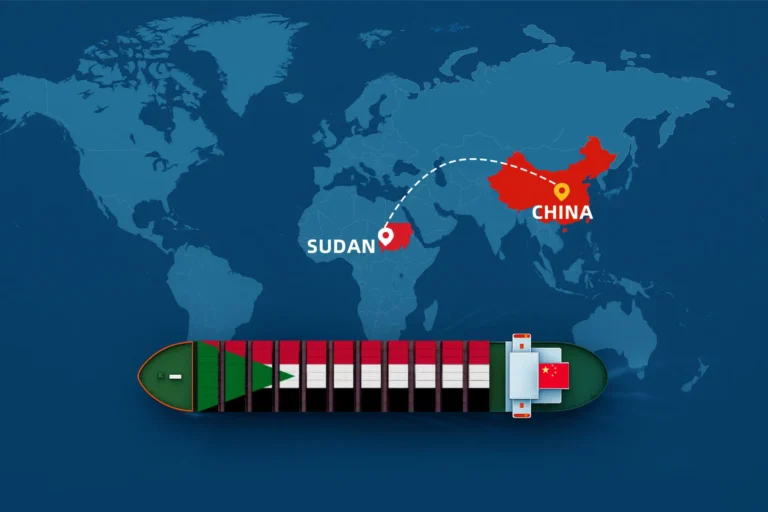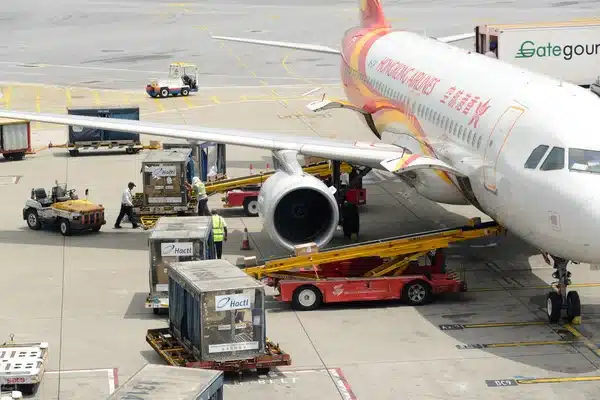The trade relationship between China and Sudan has grown steadily, making China one of Sudan’s key sourcing markets. In 2019, Sudan’s imports from China reached around $2 billion, showing strong demand for Chinese-made products across multiple industries.
As bilateral trade expands, more Sudanese companies are importing machinery, building materials, consumer goods, and industrial supplies from China. But shipping from China to Sudan can be challenging without a clear logistics plan. Customs clearance, document preparation, and quality compliance all affect how fast your cargo moves and whether extra costs appear along the way. This guide shares practical tips and strategies to streamline the shipping process, reduce delays, and keep your supply chain reliable.
TIPS FOR SMOOTH SHIPPING FROM CHINA TO SUDAN
Understand customs requirements: Learn Sudan’s customs rules early and prepare complete, accurate documents to avoid clearance delays.
Choose the right freight forwarder: Work with an experienced partner who can plan routes, manage paperwork, and solve common shipping issues to Sudan.
Ensure quality control: Check product specs, packaging, and labeling before shipping so goods meet Sudanese requirements and customer expectations.
Optimize shipping methods: Pick sea freight or air freight based on cargo volume, urgency, and budget to balance cost and transit time.
NAVIGATING THE SHIPPING PROCESS
Shipping from China to Sudan requires careful planning from pickup to final delivery. With the right process and a reliable logistics provider, you can improve timeline control, reduce risk, and ensure goods arrive safely and on schedule. Tonlexing supports shipments from China to Sudan with flexible solutions, helping importers manage shipping, customs clearance, and delivery coordination more efficiently.





